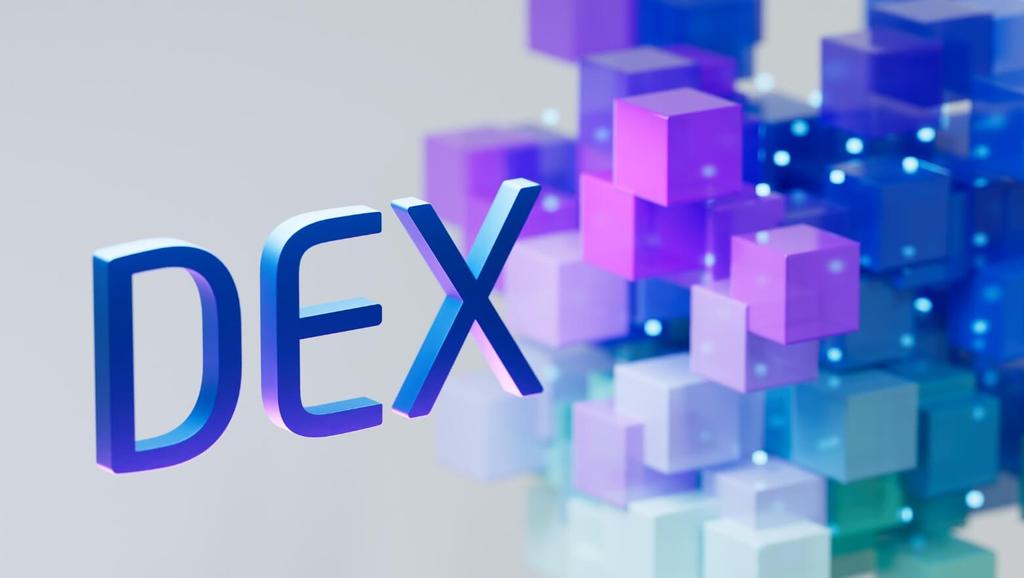Overview of SushiSwap
SushiSwap is a decentralized exchange (DEX) that emerged during the “DeFi Summer” of 2020. Initially created as a fork of Uniswap, SushiSwap offered higher incentives to liquidity providers, orchestrating what is known as a “vampire attack” by attracting liquidity away from Uniswap. This strategy successfully boosted SushiSwap’s total value locked (TVL) to over $1 billion shortly after its launch. Governance of the platform is community-driven, with users holding SUSHI tokens able to propose and vote on changes to the protocol.
History and Founders
The project was founded by a pseudonymous developer known as Chef Nomi, who, along with another anonymous collaborator, 0xMaki, spearheaded its development. However, the launch was marred by controversy when Chef Nomi abruptly withdrew $14 million worth of development funds from the protocol, leading to accusations of an “exit scam” and triggering a collapse in the SUSHI token’s price.





